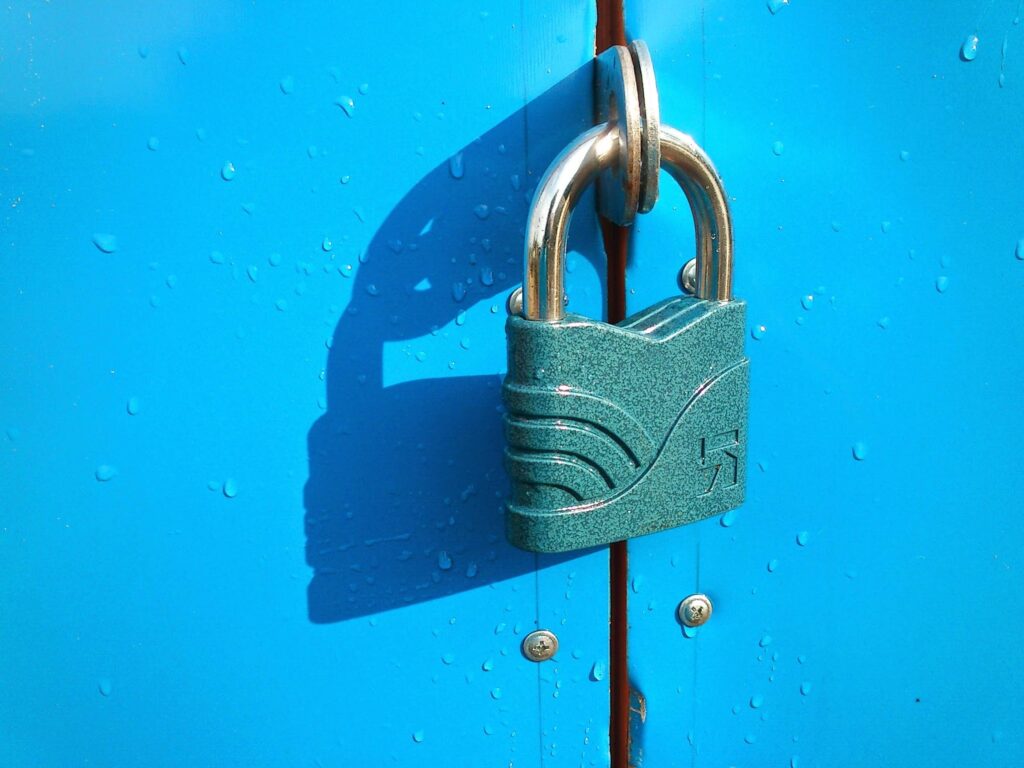Do I Fully Control my Domain Property?
- by Ilona K.

Table of contents
Can a domain become an individual’s property? Do you fully own a domain name after purchasing it? These are very important questions for those who want to buy a domain. Let’s try to understand this topic together.
Each country has its own legislation that regulates different aspects of life. However, most countries don’t have laws and regulations directly related to domain names.
Often, a domain isn’t the result of intellectual activity (an object of exclusive rights), isn’t a physical object or other property, so for there are neither special legal norms on the conditions and subjects of domain legal relations, nor special procedures for resolving disputes related to domains developed.
Yes, there is the WIPO and the UDRP procedure, but they are a bit different.
Therefore, we can’t consider a domain to be a fully fledged property. In fact, when you buy a domain name, you take out a lease on it, which has to be renewed after a certain period of time.
While in most cases there are no specific laws and regulations that establish a domain name as property, there are rules that govern their use. Again, each country has its own, however, their general intention is the same. For example, in some situations, your domain might become undelegated*. There are two ways this can happen; either by domain delegation termination, or domain registration cancellation.
*Undelegation is the process by which the registrar terminates a contract, resulting in the domain owner losing the right and technical ability to administer the domain.
A few examples of undelegation
Undelegation may occur for various reasons. We’ve collected a few of them for you below:
Domain delegation can be terminated
- after the expiration of the domain name registration period;
- if the information about the administrator* in the registry is found to be unreliable or if the administrator hasn’t provided documents confirming this information at the request of the registrar within the prescribed period;
- upon a reasoned appeal from a competent organisation, if the website has used the domain for illegal actions.
Registration may be cancelled in the following cases
- if the registration was made in violation of the technical requirements for domain names that were in effect at the time of registration;
- if the registration of a domain name was associated with dishonest actions of the administrator;
- at the end of the grace period;
- on the request of the administrator;
- when the administrator terminates the agreement with the registrar who maintains information about the domain name;
- when the administrator prohibits further processing of their personal data.
*The administrator is the person to whom the domain name is registered.
Again, these are just general examples of domain name undelegation. Reasons for terminating a delegation or registering a domain may vary from country to country and should be reviewed.
And so, the domain name isn’t your property. However, it’s rented for a certain period of time for which you have paid. During this period, you can use the domain name at your discretion, as long as it doesn’t violate the laws of your country.
FAQs
1. Who legally owns a domain name?
No one fully owns a domain name in the traditional property sense. Essentially, when you purchase a domain name, you are leasing it and should renew it after a certain period of time. During this period, you can use the domain name as you wish, as long as it doesn’t violate the laws of your country and the rules of ICANN (Internet Corporation for Assigned Names and Numbers).
2. Is domain ownership permanent?
No, you can register a domain name for a certain period of time; domain registration periods may vary depending on the domain extension and the terms of the registrar. The maximum registration period for a domain name is 10 years.
3. Can I manage my own domain?
Yes, as long as your domain registration is active, you have the ability to manage it. This includes configuring DNS settings, setting up email services, transferring the domain to another registrar, and enabling privacy protection for your registration data. However, your ability to manage your domain is subject to your registrar’s policies and applicable laws. If your domain is involved in illegal activity or violates the registrar’s terms, your management rights may be suspended or terminated.
This article is not intended to be legal advice. Please, do your own due diligence and consult an attorney for anything related to domain property, trademarks, and etc.

Read also

Tips and Tricks
AI Appreciation Day: Top-10 Domain Names for AI Startups on it.com Domains
- 3 min read

